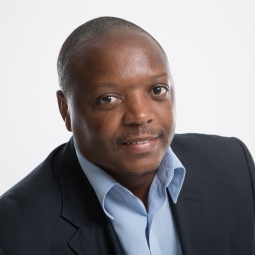Tackling unemployment through novel mobile applications
In September 2012, computer boffins from around the world joined forces to find ways in which to address the widespread unemployment problem. They were participants in the m2work Hackathon, a global programme investigating micro employment opportunities presented by new digital environments. m2work is an initiative run by Nokia and infoDev – a World Bank programme – and supported by organisations across the world.
In September 2012, computer boffins from around the world joined forces to find ways in which to address the widespread unemployment problem. They were participants in the m2work Hackathon, a global programme investigating micro employment opportunities presented by new digital environments. m2work is an initiative run by Nokia and infoDev – a World Bank programme – and supported by organisations across the world.
What exactly is a ‘hackathon’? It is a combination of ‘hacker’ and ‘marathon’ and it invites software developers to collaborate on digital developments over a fixed, uninterrupted period. It was the task of the m2work Hackathon participants to turn ideas on how mobile phones could help address unemployment into workable solutions.
A total of 35 developers participated in the South African leg of the initiative, which was held at the mobile applications laboratory, mLabSouthern Africa. The mLab is a joint initiative of CSIR Meraka Institute, The Innovation Hub and Ungana Afrika, with support from the World Bank, and South African Department of Science and Technology.
Derrick Kotze, CEO of mLab, says that often technology is used to replace basic tasks previously performed by people. “We are looking at ways through which mobile can be used to give some of these jobs back to people as micro work by allowing them to earn money and regain dignity as active participants in the economy”, says Derrick. “It's about democratising opportunities through mobile,” remarks Derrick.
Ten mobile phone application prototypes that could result in jobs for people who do not conventionally have access to jobs were developed. Application functionality ranged from streamlining government health services to increasing the productivity and earning potential of car guards. Ishmael Makitla, a researcher at CSIR Meraka Institute and winner of the ‘Best m2work Service’ award, says that competition among the participants was fierce, but it was always underpinned by a sense of community and camaraderie, an understanding that we are all working towards a greater good. “It has been extremely gratifying applying our skills towards making a difference in people’s lives,” says Ishmael.
Kind Regards
Derrick Kotze
CEO | mLab Southern Africa
Powered by the World Bank, infoDev, Ministry of Foreign Affairs of Finland, and the South African Department of Science and Technology.
www.mlab.co.za
Official m2workhackathon website http://m2workhackathon.org

